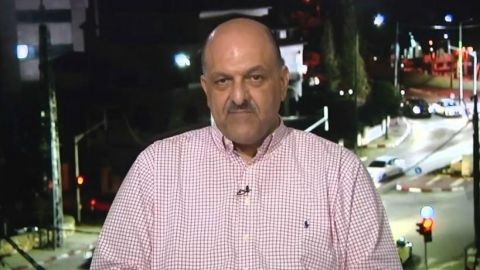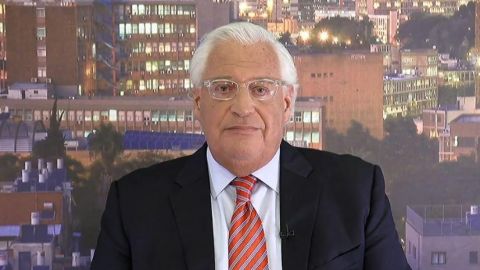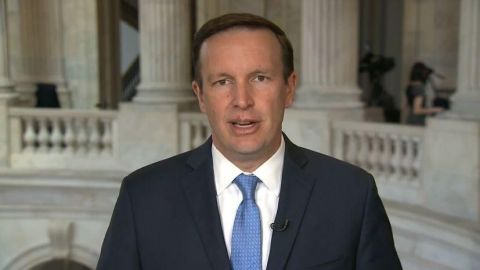Read Transcript EXPAND
CHRISTIANE AMANPOUR: Are you saying that the Trump administration and the Kushner peace plan and your involvement in it absolutely still believes and upholds the notion of a two-state solution?
DAVID FRIEDMAN, U.S. AMBASSADOR TO ISRAEL: Look, we haven’t used that phrase, but it’s not because we are trying to drive towards a one-state solution. The issue we have is agreeing in advance to a state because the word state conjures up with it so many potential issues that we think it’s — it does a disservice for us to use that phrase until we can have a complete exposition of all the rights, all the limitations that would go into Palestinian autonomy. We believe in Palestinian autonomy. We believe in Palestinian, civilian self-governance. We believe that that autonomy should be extended up until the point where it interferes with Israeli security. And it’s a very complicated needle to thread.
AMANPOUR: You say autonomy. They obviously say independence. And the reason I’m talking about it is because it goes to the heart of the plan that you are trying to get the world on board, and including the Palestinians on board. You saw the story, the report from, you know, a real live Palestinian business, the brewery. And they say, “Look, you can’t bribe us, you can’t fob us off, you can’t tempt us with a carrot of $50 billion without answering the obvious elephant in the room, and that is the political settlement and political parameters and political solution has to come with or as part of it.” Where are you on that part?
FRIEDMAN: We don’t disagree at all. I think we’ve made the point over and over again that the economic solution goes hand in hand with a political solution. But let me explain a little bit about a political solution. In order to have a political solution, you need political institutions. You need a transparent economy. You need the rule of law. You need certain freedoms, freedom of the press. You need a justice system. You need to stop concentrating all the Palestinian wealth and the political elites. That’s part of what Bahrain was about, trying to help the Palestinians create the institutions necessary for statehood. Because let’s be clear, OK, the last thing the world needs is a failed Palestinian State in between Jordan and Israel. And right now, the Palestinian government is so weak, they have no answer to Hamas. They leave that to Israel to take care of. They have no answer to Islamic Jihad. They leave that to Israel to take care of. And what can’t happen here? The one thing that can’t happen is the Palestinians obtain independence and in short order, this becomes a failed state controlled by Hamas, Hezbollah, ISIS or al-Qaeda.
About This Episode EXPAND
Christiane Amanpour speaks to Senator Chris Murphy about gun violence. Sam Bahour discusses whether Jared Kushner’s economic plan is likely to achieve peace in the Middle East. David Friedman joins the program to elaborate on the Trump administration’s economic proposal to solve the Israeli-Palestinian conflict. Farai Chideya tells Michel Martin about problems within the U.S. adoption industry.
LEARN MORE



